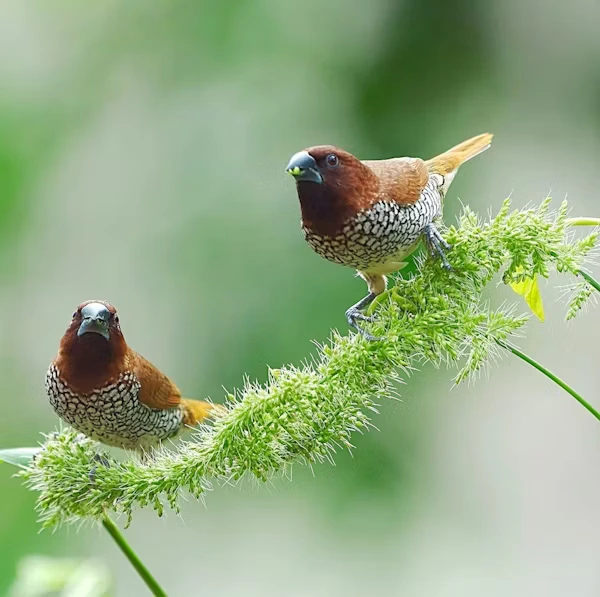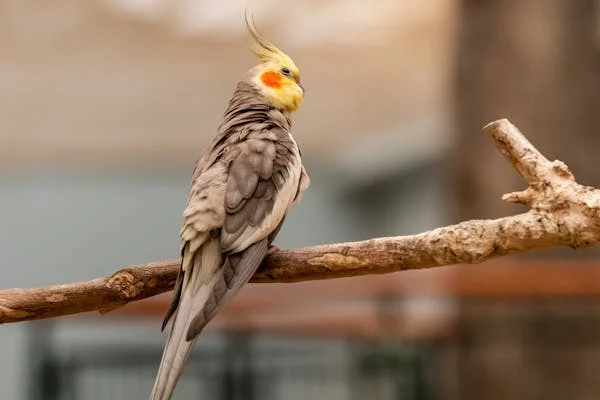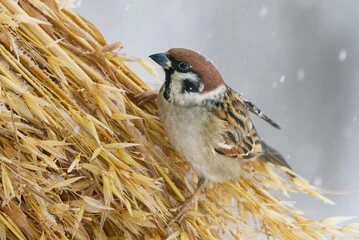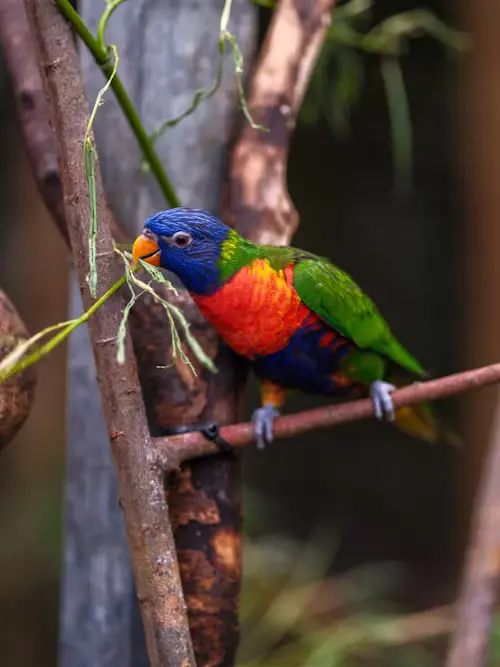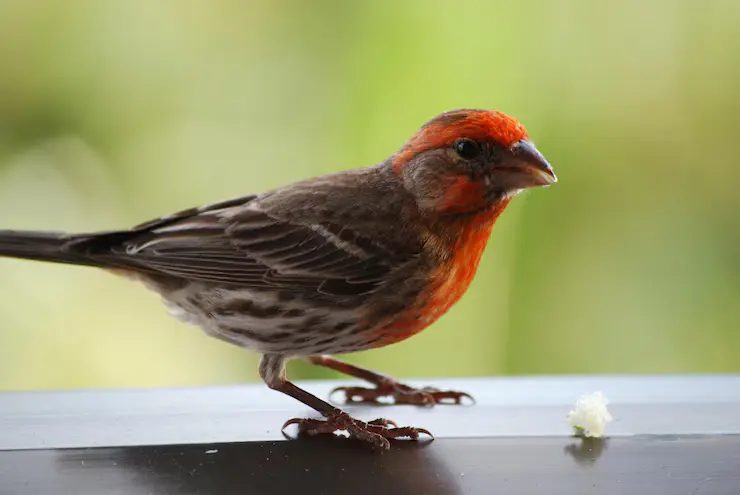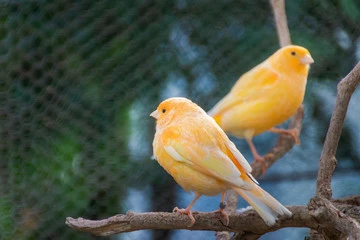Will Birds Eat Grapes? The Ultimate Guide to Happy Feeding
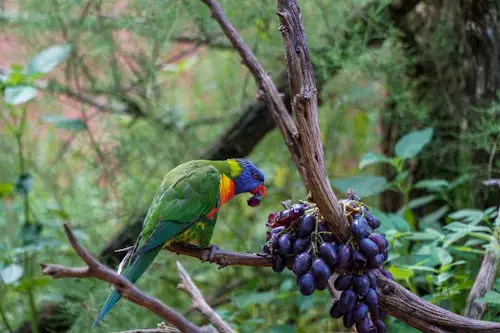
You’re standing at your window, watching wild birds flutter near your grapevines. Or maybe you’re holding a plump grape while your pet parrot eyes it curiously. That single question echoes in your mind: will birds eat grapes? This juicy query deserves a thorough exploration, and I’m here to share everything you need to know about birds and grapes—from your backyard to your birdcage.
Table of Contents
Wild Birds vs. Your Backyard Grapevines: Nature’s Buffet
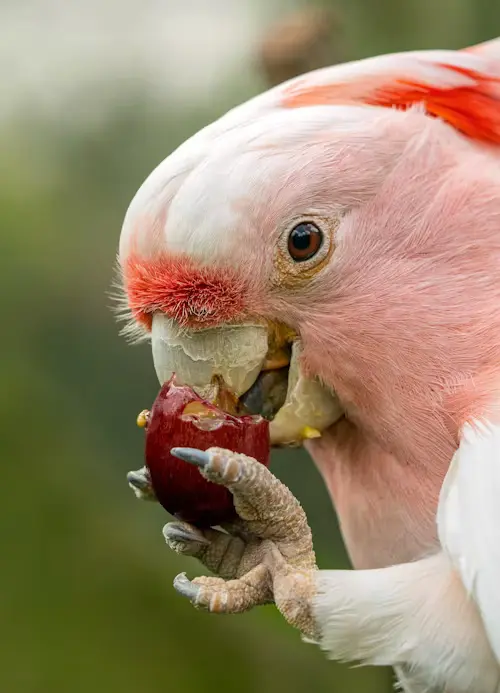
Birds don’t just eat grapes—they often swoop in before harvest season! Wild birds view grapevines as a concentrated food source, frequently targeting grapes just before they reach peak human ripeness. Robins, starlings, cedar waxwings, and mockingbirds are notorious grape enthusiasts. You’ve likely seen evidence if you grow grapes: half-pecked clusters abandoned on the vine like miniature crime scenes.
Why birds choose grapes:
- High water content for hydration
- Natural sugars for quick energy
- Easy accessibility in clustered bunches
Jardener tip: Want to harvest grapes before birds devour yours? Start checking ripeness just before full color change. Once birds start, it’s too late—they’ll strike within 48 hours! For more insights.
| Bird Species Observed Eating Grapes | Feeding Preferences | Common Locations |
|---|---|---|
| Robins & Thrushes | Ground-scattered or low-hanging bunches | Backyard vines, orchards |
| Mockingbirds | Partially ripened fruits in trees/vines | Gardens, parks |
| Cedar Waxwings | Entire berry clusters | Agricultural areas |
| Starlings | High-sugar ripe grapes in bulk | Vineyards, suburban yards |
Pet Birds and Grapes: A Juicy Treat or Hidden Danger?
When it comes to feeding grapes to pet birds, the situation gets more nuanced. Safe? Generally yes—but with critical caveats. Parrots, cockatiels, lovebirds, and even smaller birds like budgies can enjoy grapes. However, preparation and moderation are non-negotiables.
Benefits for pet birds:
- Vitamin-packed: High in Vitamin K & antioxidants
- Hydration boost: Juicy flesh supports fluid intake
- Enrichment: Novel texture encourages foraging behavior
Risks you MUST address:
- Choking hazard: Whole grapes risk blocking airways—always cut them
- Pesticide residue: Conventionally grown grapes often carry harmful chemicals
- Sugar overload: Obesity or liver issues in sedentary pets
Always introduce new foods slowly. Offer a tiny piece first and monitor for 24 hours. If droppings look abnormal or behavior changes, stop immediately.
Safely Serving Grapes to Birds: Wild and Tame
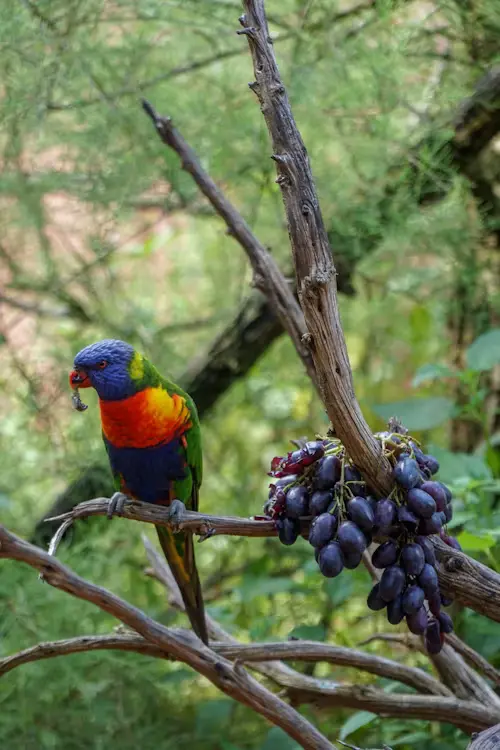
Wild Bird Feeding Protocols
Place seedless grapes (cut in half) on platform feeders away from predators. Avoid ground scattering if cats roam nearby. Never offer spoiled or fermented grapes. For guidance on bird-safe feeding zones, see Arborgate’s bird deterrent tips.
Pet Bird Best Practices
- Wash thoroughly: Soak 10 minutes in vinegar-water solution
- Cut appropriately: Size pieces to your bird’s beak:
- Parrots: Quartered
- Budgies: Tiny diced bits
- Remove seeds: Although most seeds aren’t toxic, prevent choking
- Moderation: Once-weekly treat; 1-2 pieces per serving
- Monitor reactions: Diarrhea or disinterest? Stop immediately
Pro Tip: Freeze grapes during summer! They become icy enrichment treats to combat heat.
Protecting Your Orchard: Balancing Bird Joy with Harvest Hopes
If your grapevines still provide endless snacking opportunities for wild birds, here are effective non-harmful deterrents:
| Strategy | Effectiveness | Best For |
|---|---|---|
| Bird netting | ★★★★★ | Large vines/trees |
| Reflector tapes | ★★★☆☆ | Small garden plots |
| Ultrasonic devices | ★★☆☆☆ | Low bird populations |
| Predator decoys | ★★★★☆ | Open orchards |
Early harvesting remains the #1 prevention method! Birds avoid unripe grapes and target dead-ripe fruit. Choose varieties that mature quickly to reduce the window of vulnerability.
Beyond Grapes: Safe Fruit Alternatives for Birds
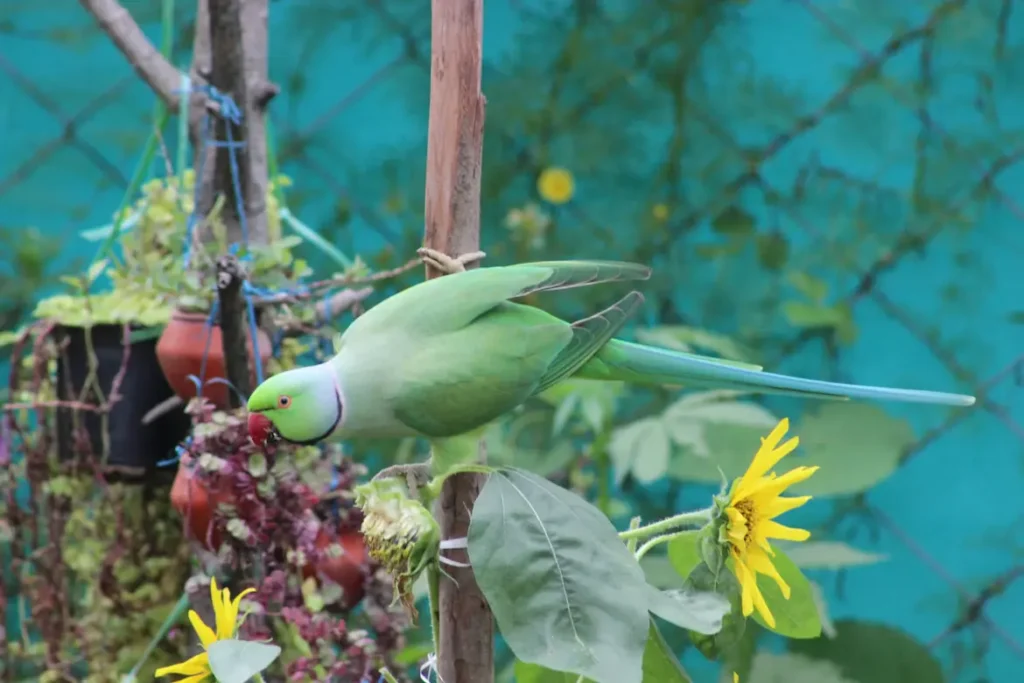
Grapes are just one option among many nutrient-rich fruits wild and pet birds can enjoy. Great alternatives include:
- Berries: Strawberries, raspberries, blueberries
- Melons: Seedless watermelon or cantaloupe
- Citrus: Orange segments (peeled)
- Pome fruits: Pear or apple slices (seeds/pits removed)
Explore more ideas on building balanced bird diets at our comprehensive bird food resource hub.
What NOT to Feed Birds: Avoiding Common Dangers
While grapes make the “safe” list when prepared correctly, some human foods spell disaster:
– Avocado (persin toxin)
– Chocolate (theobromine poisoning)
– Salted nuts/chips (kidney damage)
– Onions/garlic (blood cell destruction)
– Caffeinated foods (fatal cardiac stress)
Curious about unorthodox bird snacks? Check out our deep dive: Can Birds Eat Popcorn? Safety Proven.
FAQs: Answering Your Pressing Grape Questions
Will birds eat grapes off the vine?
Yes! Wild birds specifically target grapevines during ripening season. Protect your harvest by picking slightly early.
Can pet birds eat grapes daily?
Not recommended—they’re sugary treats. 1-2 times per week keeps diets balanced. Obesity remains a major issue for caged birds.
Are grape seeds toxic to birds?
Contrary to myth, grape seeds themselves aren’t poisonous. However, their size makes them notable choking hazards for smaller birds.
Which birds shouldn’t eat grapes?
Birds with kidney issues or diabetes should avoid sugary fruits altogether. Consult an avian vet if uncertain.
Final Thoughts: Embrace the Grape Connection Responsibly
Revel in the joy of sharing nutritious snacks with birds wisely. Whether you’re placing sliced grapes out for cardinals or bonding with your parrot over fruit treats, knowledge transforms risk into enrichment.
Ready to explore more? Dive deeper into bird food guides on our site or share your own grape-feeding tales below! How did your birds respond to their first grape experience?

